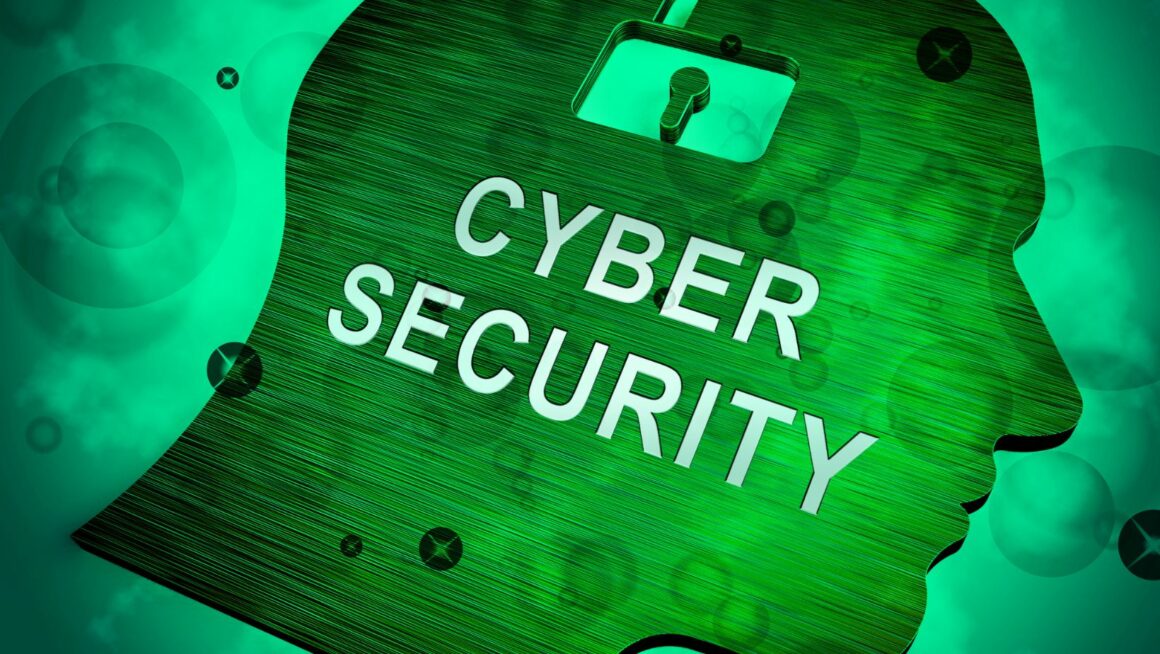Effective communication is more than just exchanging information; it’s about understanding the emotions and intentions behind the information. It’s a powerful tool that can help you unlock your potential in your personal and professional life.
Let’s dive in and look at the power of effective communication and how it can propel you towards success.
Understanding Effective Communication
Effective communication involves conveying a message clearly and ensuring it is received and understood as intended. It encompasses verbal, nonverbal, and written forms of communication, each playing a crucial role in how your message is perceived.
Key Elements of Effective Communication:
- Clarity: Ensure your message is clear and easily understood. Avoid jargon and complex language unless necessary. Use modern communication and networking tools, like the digital business card, to connect seamlessly with others.
- Active Listening: Listen attentively to understand the other person’s perspective. This fosters mutual respect and understanding.
- Empathy: Show empathy by considering the feelings and viewpoints of others. This can help build stronger connections.
- Feedback: Provide and seek feedback to ensure your message is understood and to improve future communication.
Example: During a team meeting, presenting your ideas clearly and asking for feedback can ensure everyone is on the same page and can contribute effectively.
Enhancing Personal Relationships
Effective communication is the bedrock of strong personal relationships. It lets you express your thoughts and feelings clearly, understand others better, and resolve conflicts amicably.
Tips for Personal Communication:
- Express Yourself Clearly: Share your thoughts and feelings honestly but respectfully. Avoid passive-aggressive behavior and share more details about yourself by adding links to your social media profiles and other online portfolios in your email signature.
- Listen Actively: Show genuine interest in what the other person is saying. Nod, make eye contact, and provide verbal acknowledgments.
- Show Empathy: Try to understand the other person’s feelings and perspectives. Respond with empathy to build trust and connection.
- Resolve Conflicts: Address conflicts directly but constructively. Focus on finding solutions rather than assigning blame.

Example: In a personal relationship, expressing your feelings clearly and listening to your partner’s perspective can help resolve misunderstandings and strengthen your bond.
Advancing Your Career
Effective communication is a critical skill for career advancement. It helps you build professional relationships, influence others, and navigate workplace dynamics successfully.
Career Communication Strategies:
- Network Effectively: Use your communication skills to build a solid professional network. Attend industry events, engage on social media, and use the best email signature generator to create professional signatures for your email and maintain relationships.
- Present Confidently: Improve your public speaking skills to present your ideas confidently and persuasively in meetings and presentations.
- Negotiate Successfully: Use clear and assertive communication to effectively negotiate salaries, promotions, and project terms.
- Provide Constructive Feedback: Offer and accept feedback constructively to foster a positive work environment and continuous improvement.
Example: During a job interview, clearly articulating your skills and experiences and engaging in active listening can leave a positive impression on the interviewer.
Boosting Team Performance
High-performing teams rely on effective communication to collaborate efficiently, make informed decisions, and achieve common goals.
Team Communication Tips:
- Foster Open Communication: Encourage team members to share ideas, feedback, and concerns openly and create a safe environment for dialogue.
- Clarify Roles and Responsibilities: Clearly define each team member’s role and responsibilities to avoid confusion and overlap.
- Use Collaboration Tools: Leverage tools like Slack, Trello, or Asana to streamline communication and collaboration within the team.
- Regular Check-ins: Schedule regular check-ins and meetings to discuss progress, address issues, and align on goals.
Example: Implementing regular team meetings where members can discuss progress and challenges can significantly improve team performance and morale.
Improving Customer Relations
Effective communication is essential for building strong customer relationships, understanding their needs, and providing exceptional service.
Customer Communication Strategies:
- Active Listening: Listen carefully to customer feedback and concerns. Show that you value their input and are committed to addressing their needs.
- Clear Messaging: Ensure your messages are clear, concise, and jargon-free. Use simple language to explain products or services.
- Empathy and Understanding: Show empathy towards customers’ issues and provide solutions that address their concerns effectively.
- Timely Responses: Respond to customer inquiries and complaints promptly. Timely communication demonstrates your commitment to customer satisfaction.

Example: A customer service representative who listens actively and responds empathetically to a customer’s complaint can turn a negative experience into a positive one.
Leveraging Technology for Effective Communication
In today’s digital age, leveraging technology is crucial for effective communication. Various tools and platforms can enhance your communication ability, especially in remote or distributed teams.
Technology Tips:
- Video Conferencing: Use tools like Zoom or Microsoft Teams for virtual meetings to maintain face-to-face communication.
- Instant Messaging: Platforms like Slack or Microsoft Teams facilitate quick and efficient communication among team members. If you are in the gig economy or a freelancer, here is a guide on the finest freelance tools to boost communication and productivity.
- Email Etiquette: Write clear and concise emails. Use appropriate subject lines, address recipients adequately, and proofread before sending.
- Social Media: Engage with your audience on social media platforms to build relationships and communicate your brand message.
Example: Using Zoom for virtual meetings can help maintain personal connections and clear communication in remote work environments.
Conclusion
Effective communication is a powerful tool that can unlock your potential and drive success in all areas of life. By understanding the key elements of effective communication, enhancing personal relationships, advancing your career, boosting team performance, improving customer relations, and leveraging technology, you can harness the power of communication to achieve your goals.


